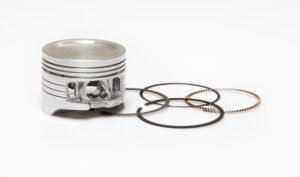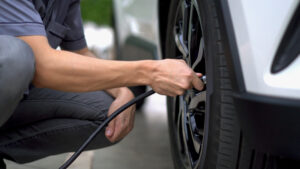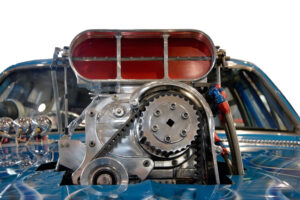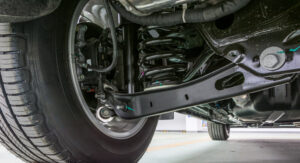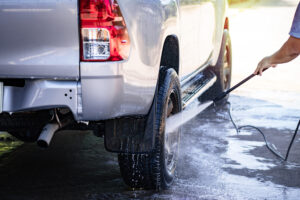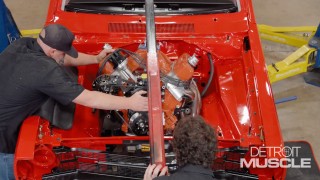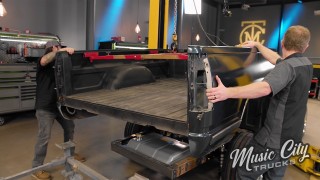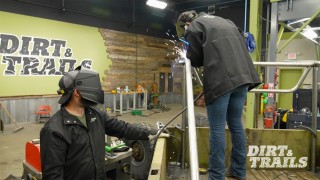You May Be Using The Wrong Tools For The Job, Here’s The Correct Ones
When working on a project it’s always best to use the right tool for the job. A lot of times, people just grab the tool that’s closest and make it work. But that only not makes the project harder for you, but it can be unsafe. A shop environment already has dangerous equipment so why add the extra risk. Marc will go over several of the tools that are most commonly used incorrectly and what you can use instead.
First up, the flathead screwdriver. People use it for just about anything, but it was designed specifically to loosen and tighten screws. It’s often the replacement for a pry bar. However, it’s not made out of material meant for such heavy use and you can break off the tip or shaft. If a pry bar is too big for the job, most companies also make smaller versions.
It can also be mistaken for a punch. If you put the tip against something that’s stuck, and start hammering you could break the screwdriver and risk injury. Instead, invest in a nice set of punches that can handle most any job.
Depending on the scenario, an adjustable wrench might be the right tool for the job. If you don’t know the head size of a nut or bolt, you may grab one and get to work. The problem is that the jaws on an adjustable wrench don’t grip as completely as the boxed end of a wrench or a socket. But if you don’t have either of those or the head is distorted, an adjustable wrench will get the job done.
Locking jaw pliers are handy but shouldn’t be your first choice if you’re moving a nut or bolt. They’ll move the hardware no problem but once you remove whatever it is, it’ll usually have to get thrown in the trash. The locking jaw pliers should be reserved for a job where you can’t use a wrench or a socket, like a rusty bolt. They’re usually the last resort.
Another common mistake is using a regular open-end wrench as a line wrench. Especially on older cars, this is a sure-fire way to strip a tube nut on a brake or fuel line. The easy fix is to invest in a set of line wrenches. These swaps will save you lots of headaches and keep you safe!
